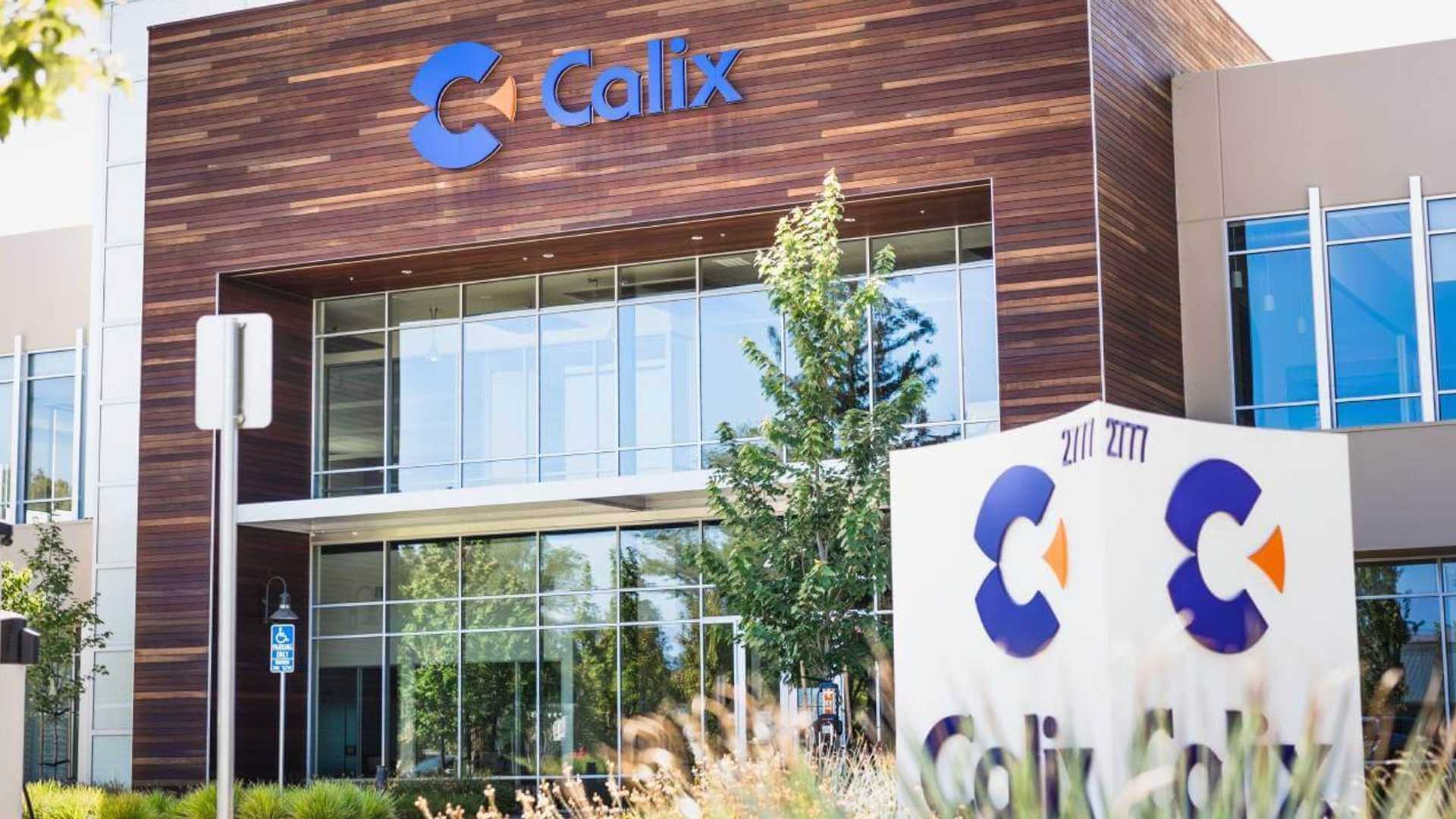Calix, a California-based telecommunications equipment supplier, has announced that it will ban the use of ChatGPT, an artificial intelligence-powered productivity tool, across all of its business functions and devices. The decision came after Samsung's confidential information was leaked through the platform. Michael Weening, CEO of Calix, said that AI engines are learning engines, and everything that goes into them becomes part of the learning models. Therefore, IP, customer data, and other confidential internal items become residual knowledge rights. "This is a big deal," he said.
Despite the move against ChatGPT, most telecom executives still believe that the technology will eventually play a role in the telecom industry and the wider business market. However, there is growing scrutiny and controversy over the use of large language models (LLMs) like ChatGPT. Italy has already banned the tool, and other European countries are considering following suit over privacy concerns. The US government is also studying the regulation of AI tools like ChatGPT.
The use of AI tools is being examined more closely as the world grapples with the implications of rapidly advancing technology. Companies are weighing the benefits of such tools against the risks they pose to privacy and security. As AI continues to evolve, it is likely that more businesses and regulators will be grappling with similar concerns.




















